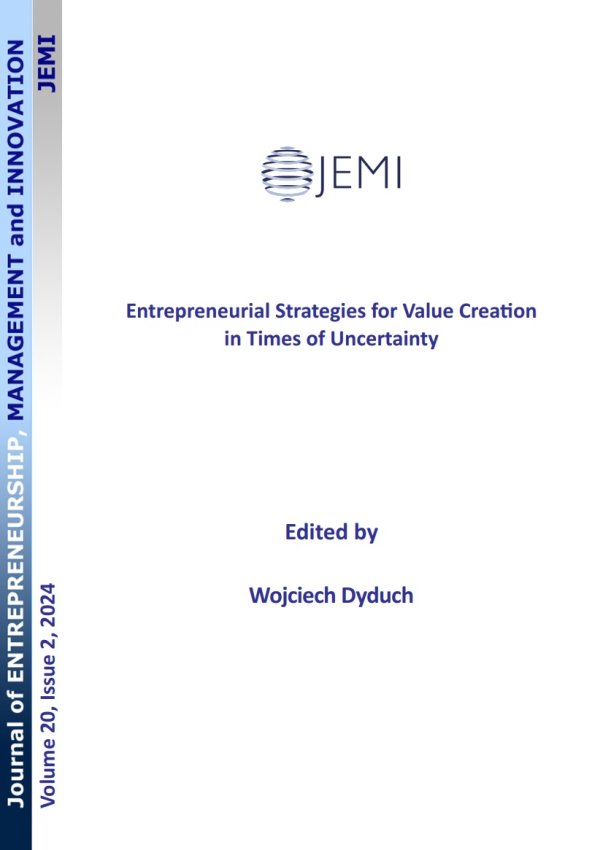Magda Osman, Ph.D., Queen Mary University of London. This email address is being protected from spambots. You need JavaScript enabled to view it.. Biological and Experimental Psychology, School of Biological and Chemical Sciences, Queen Mary University of London, Mile End Road, London, E1 4NS, UK Telephone: +44 (0) 207 882 5903.
Alexandros Ananiadis-Basias, Research Assistant, Queen Mary University of London, Mile End Road, London, E1 4NS, UK.
Abstract
Perception, judgment, and reasoning are all processes that are sensitive to cues to animacy (i.e. the presence of signals that indicate an object behaves as if it has intentions and internal goals). The present study investigated the following question: Does animacy facilitate decision-making in a dynamic control system? To address this, the present study used a dynamic decision-making task and compared behavior in four different contexts (Abstract, Animate-Social, Inanimate-Social, Inanimate- Non-social). Participants were randomly allocated to one of these contexts, and in each version they were required to learn to manipulate variables in order to bring the dynamic system to a desirable state and maintain it at that level. The findings suggest that it is not animacy per se that facilitates decision-making behavior, but rather the presence of a context. However, animacy made an impact on the type of strategic behavior implemented when interacting with the dynamic system. We argue that context induces general beliefs about causal relationships in dynamic environments that generalize across animate as well as inanimate contexts.
Keywords: animacy, dynamic decision making, context, causality.






